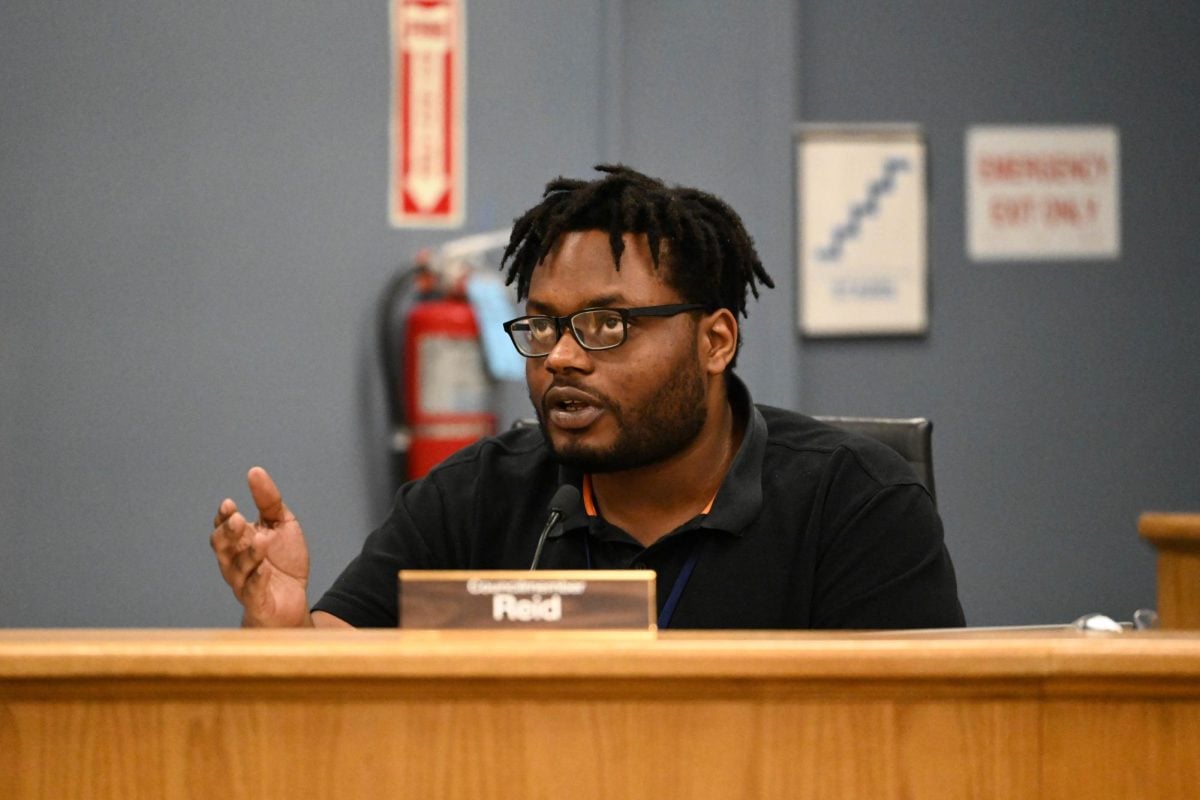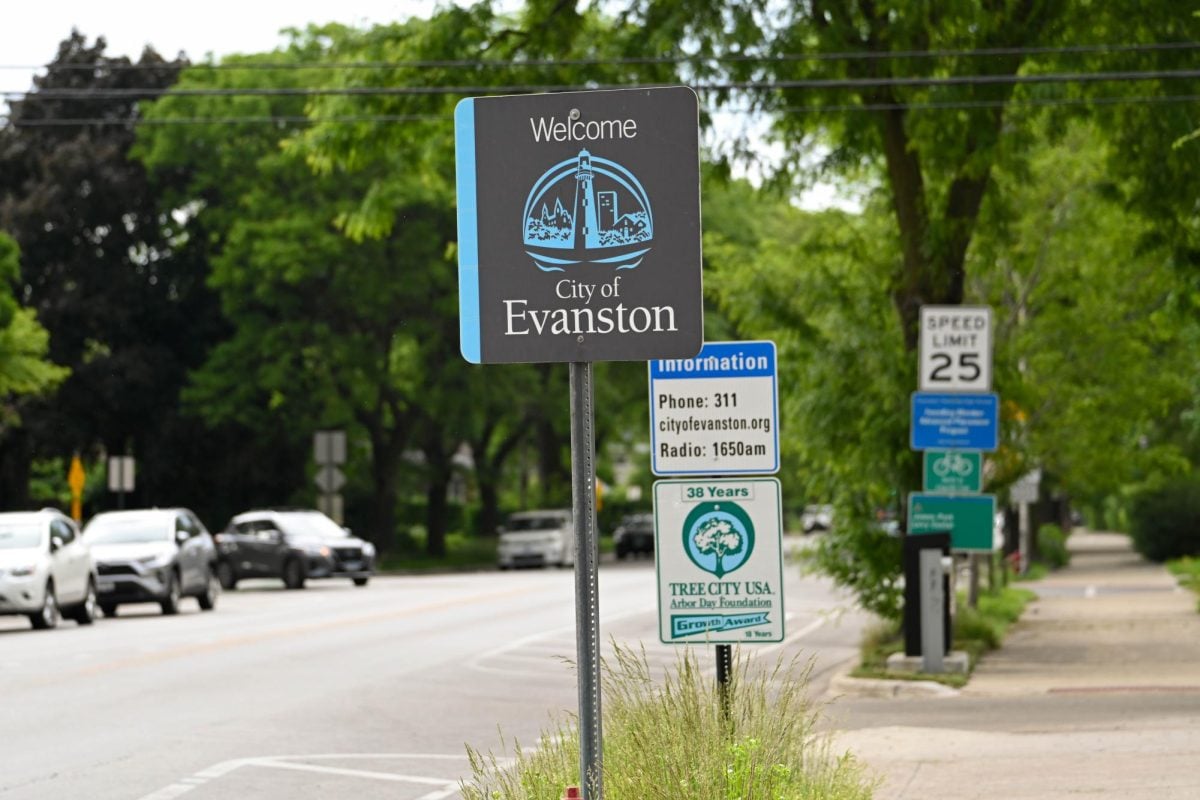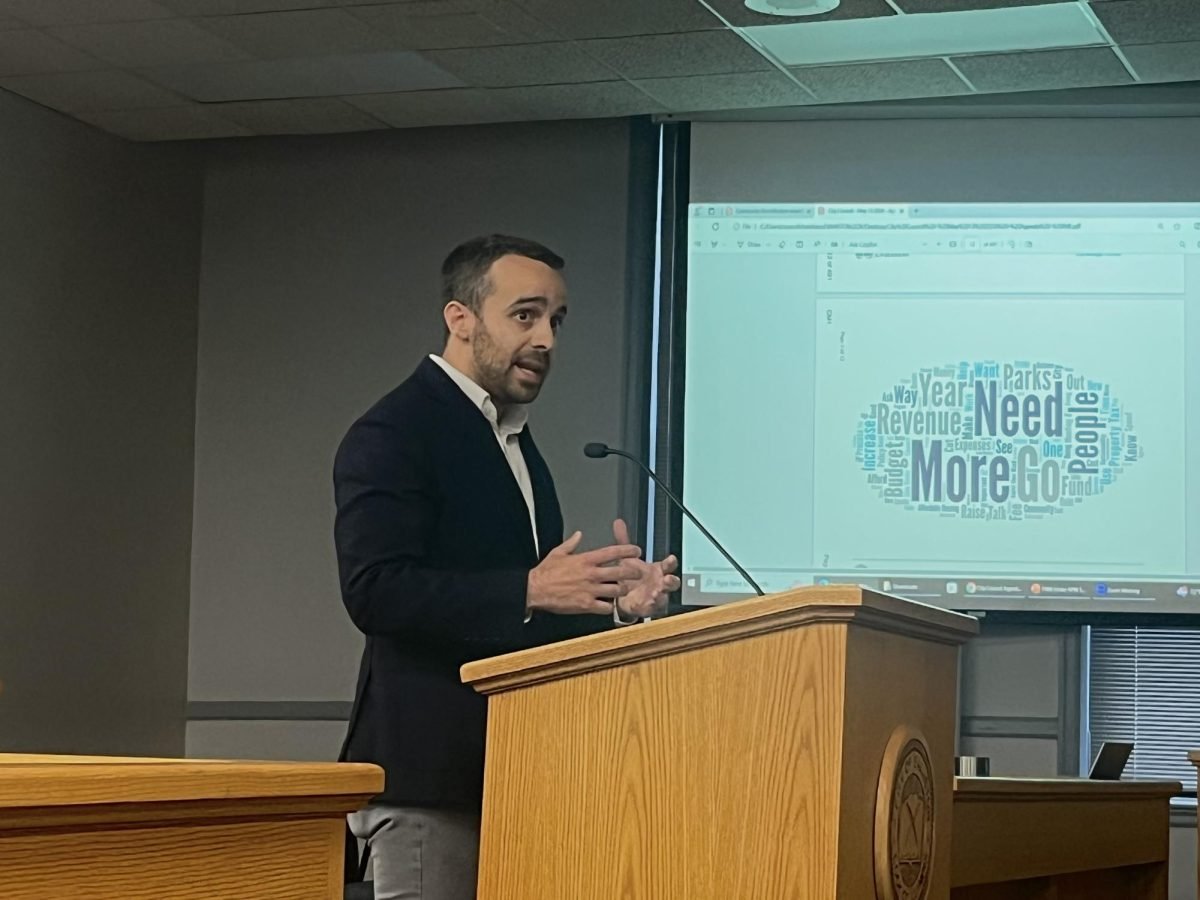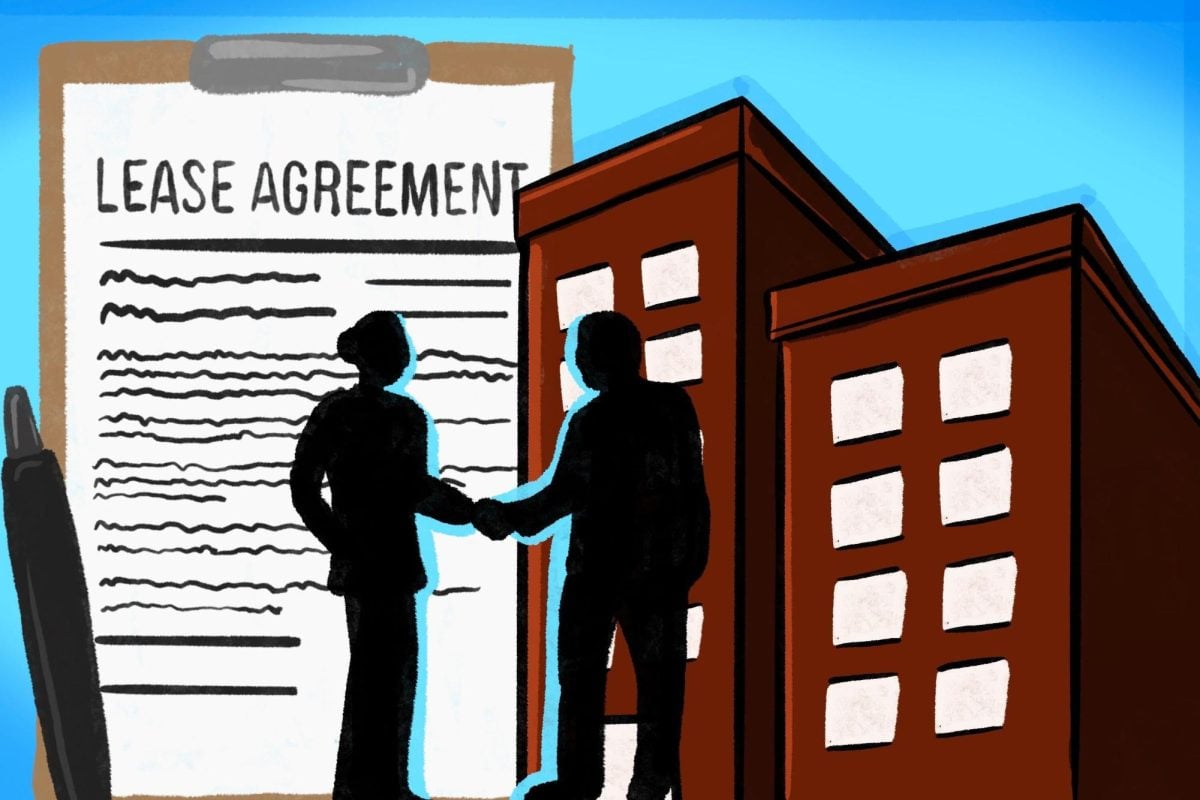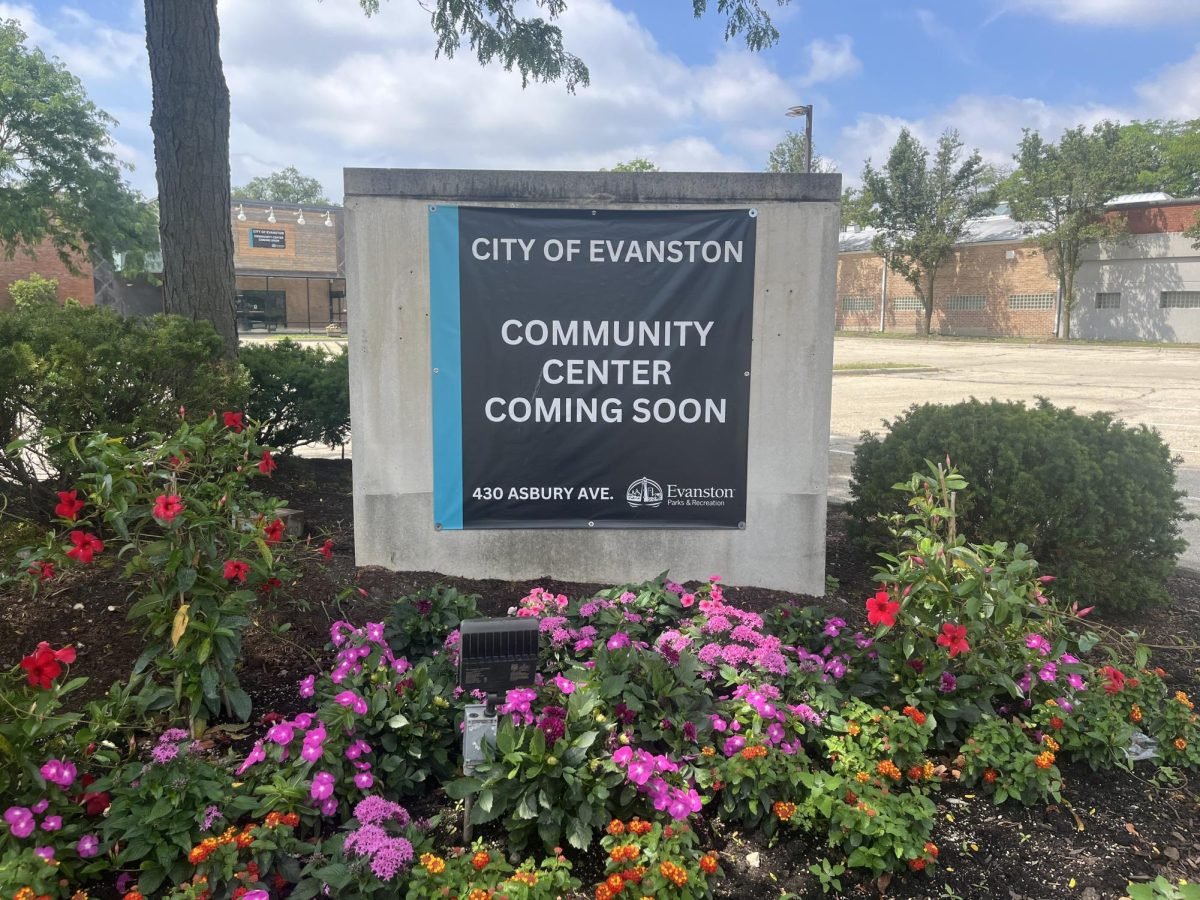Almost a year after the city banned gas- and propane-powered leaf blowers — an effort meant to reduce the city’s “carbon footprint” — the city is considering a short-term pause for the coming spring.
The pause will be considered at the city’s Health and Human Services Committee’s March meeting.
The pause comes after an “outpouring” of concern from small landscaping Evanston businesses, according to Ald. Juan Geracaris (9th).
Geracaris said the pause will be used to create more robust provisions for landscaping businesses, who said they need more resources to be able to transition to electric-powered leaf blowers.
After learning about the city’s plan, Natural Habitat Evanston member Amy Parker, a long-term advocate of discontinuing gas- and propane-powered leaf blowers, said she sent a letter to Geracaris to oppose a pause to the ban.
“Evanston is under the microscope here, we are a leading community,” Parker said. “If we walk this back, other communities are going to say ‘Ah, see? Didn’t work.’’”
In the letter, she said the city can change how information about the ban is distributed, through banners and signage. Also, the city website has not been translated into Spanish, which is crucial to Latine workers at landscaping businesses.
Geracaris echoed Parker’s sentiment. He said he is worried about the small Latine businesses not being aware of the ban’s existence.
Although landscaping businesses can apply for up to $3,000 to cover the cost of transitioning to electric, the grant is only available to registered businesses, and only four businesses have actually received a grant, Geracaris said.
“Not all the business owners are, you know, English might be their second language,” Geracaris said. “The (grant) application process and getting all that stuff together, I think, is daunting for some.”
Geracaris has also suggested a “buyback” program, which City Council could implement alongside the pause. The program would allow businesses to exchange gas-powered leaf blowers for their electric counterparts and require “minimal documentation.”
Several other members of Natural Habitat Evanston have also raised concerns over the environmental consequences of a potential ban reversal.
Citing the United States Environmental Protection Agency, DePaul University Artificial Intelligence and Cognitive Science Prof. Clark Elliott said gas-powered leaf blower emissions can result in respiratory and cardiovascular disease. Increased noise pollution can also lead to lower cognitive abilities in children.
Leslie Shad, the co-lead for Natural Habitat Evanston, said that she believes landscaping businesses should adjust to the climate crisis.
“Honestly, the whole market is changing, and we have to figure this out, or we’re just burning our planet up,” Shad said.
Geracaris emphasized that this pause is meant to help small businesses “adjust” to policy changes.
“I think there’s a lot of concern that we’re going to completely backtrack on what we did, I don’t think that’s the case,” Geracaris said. “We’re not going to backtrack on this ban, we have to move forward.”
Additionally, the ban currently instructs residents to report landscape workers who still use gas- and propane-powered leaf blowers through 311, the city’s call center, which has shown to be “problematic,” Geracaris said.
He said that he hopes the city’s community responder program, which will be implemented this summer and direct certain low-risk calls to unarmed community responders rather than law enforcement, can help address the issue.
“We all have to make huge changes regarding the way we do pretty much everything in relation to the climate crisis we have,” he said. “But we also have to be mindful that we’d have to help people get there.”
Email: [email protected]
Twitter: @shreyasrin
Related Stories:
— Evanston bans gas- and propane-powered leaf blowers
— City Council changes existing leaf blower usage restrictions
— City Council approves non-police alternative for 911 response to start by June















